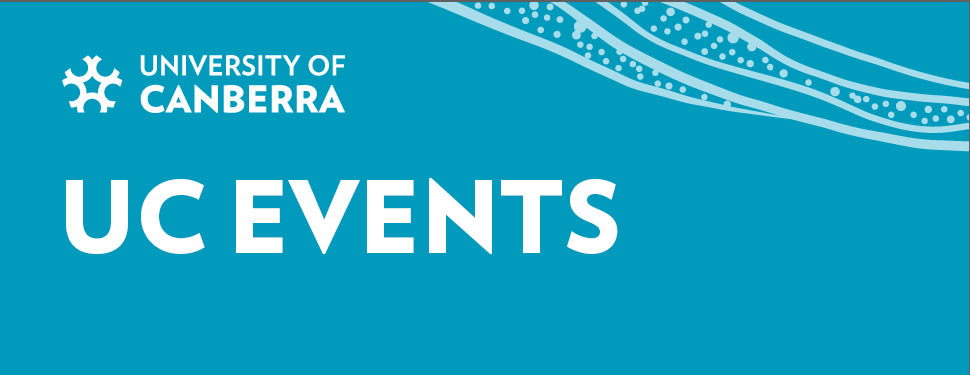

Dates and Times
Location
Organiser
Speakers
Enquiry
CCCR-FAD Seminar: Body knowledge and instructions – making manuals for 1970s art
CCCR- Faculty of Arts and Design Seminar:
Body knowledge and instructions – making manuals for 1970s art
Speaker: Dr Louise Curham and Dr Lucas Ihlein
Date\Time: Monday 12 Sep 2022, 12:30-1:30pm AEST
Location: Building 1, Room 1A21 - the theatrette behind Mizzuna cafe, University of Canberra (map: https://studentvip.com.au/uc/main/maps/139477)
Zoom:https://zoom.us/j/92997307103?pwd=QkgzeDFhaThPSDQ3OVduV2ZnWHJmQT09
Abstract
This talk focuses on the process of making an instruction manual for a specific work: Horror Film 1 (1971) by British artist and film-maker Malcolm Le Grice. Horror Film 1 involves a live performer and three 16mm film projectors. Le Grice - now aged in his 80s - has declared he is no longer physically capable of performing live. To assist our research, Le Grice provided a brief written document explaining how to perform the work. While re-creating Horror Film 1 for ourselves, we have greatly expanded upon his instructions, filling in many gaps to generate a detailed manual with the intention of making the piece available to future generations. This talk outlines our research processes, describes key challenges, and questions what formats might be ideal for future instruction manuals for the live experience of performance art. See Eventbrite page for more details.
Image: Teaching and Learning Cinema testing instructions for Horror Film 1 (Malcolm Le Grice, 1971), Lucas performs, University of Wollongong, June 2022.
Speaker bios
Dr Louise Curham teaches and researches within the areas of archives and records, media art history and audiovisual preservation, obsolete media, digitisation and histories of Australian experimental art with a focus on experimental film. Louise completed a doctoral thesis in the CCCR at the University of Canberra in 2021. She is a lecturer in the School of Information and Communication Studies at Charles Sturt University. Her doctoral thesis explored items that evade meaningful digitisation and the role of use in ensuring their long-term transmission.
Dr Lucas Ihlein is Senior Lecturer in the School of The Arts, English and Media at the University of Wollongong. He uses a creative practice-based research methodology (including blogging, printmaking, public events, and scholarly publication) to explore complex systems. His focus in recent years has been on environmental management issues, notably his ARC DECRA project: Sugar vs the Reef – Socially Engaged Art and Urgent Environmental Problems. His engagement with re-enactment and expanded cinema in the artist-archivist collaboration Teaching and Learning Cinema goes back to 2005. Expanded cinema is a form focused on relationships with audiences and the situation in which it occurs, connecting it to the relational and socially engaged practices Ihlein pursues in his environment-focused projects.
Additional Information
Hosted by the Centre for Creative and Cultural Research (CCCR), Faculty of Arts and Design, University of Canberra.
Any question and accessibility requests please contact: cccr@canberra.edu.au.


